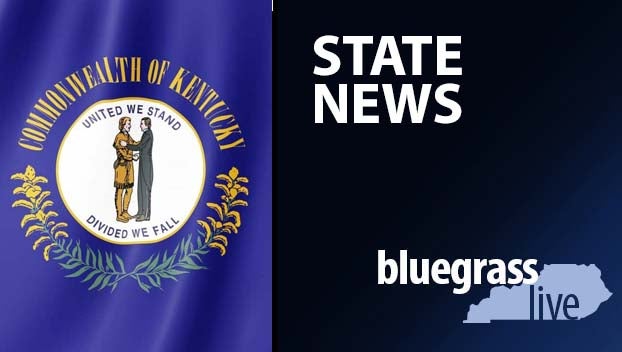Kentucky governor offers $1,500 bonus to boost workforce
Published 5:41 am Friday, June 25, 2021
Gov. Andy Beshear on Thursday dangled a $1,500 bonus meant to lure thousands of unemployed Kentuckians back to work, offering it as an alternative to cutting off enhanced jobless benefits that Republicans and businesses blame for causing a workforce shortage.
The first 15,000 Kentuckians who qualify and return to work by July 30 will receive the one-time, return-to-work incentive, the Democratic governor announced. Beshear said he’s setting aside $22.5 million in federal coronavirus relief funds to pay for the incentive.
“It truly brings, I think, government and the private sector together in a way where first we try the carrot as opposed to the stick to resolve this problem,” Beshear said.
The governor has faced increased pressure from Republican lawmakers and business groups to curtail the proliferation of “help wanted” signs showing up at Kentucky workplaces.
Kentucky House Speaker David Osborne gave a blistering critique of the governor’s initiative. Offering a $1,500 bonus to get people to return to work is “extremely insulting” to people who have worked throughout the pandemic, Osborne said in a statement.
“This is just another example of state government using taxpayer dollars to pick winners and losers,” the Republican House speaker said.
Business leaders warn the state’s economy won’t fully recover from the COVID-19 pandemic until workforce shortages are resolved. Kentucky Chamber of Commerce President and CEO Ashli Watts said in a statement Thursday that return-to-work incentives could be part of the answer.
“The business community hopes this new incentive program will encourage Kentuckians to return to work, but we must also pursue other solutions,” Watts said after Beshear’s announcement.
That includes phasing out the $300 in extra weekly federal unemployment payments, along with increasing access to affordable, quality child care, she said.
On the child-care front, Beshear’s administration said Kentucky has been awarded more than $763 million in federal funds to support child-care providers hit hard by the pandemic. The funding will keep child care centers open and enable more parents to return to work, Beshear said Thursday.
Beshear acknowledged the return-to-work incentive won’t singlehandedly resolve workforce challenges. An estimated 60,000 Kentuckians are receiving the supplement jobless benefit, he said. Full participation in his return-to-work incentive would apply to one-fourth of them — 15,000 people.
The governor has steadfastly defended the supplemental jobless benefits, despite pressure from Republicans and businesses urging him to set a date to end the extra payments. Critics say the supplemental benefit discourages many people from returning to work.
Beshear on Thursday reiterated that those payments pump $34 million weekly into Kentucky’s economy. Much of the money flows to retail shops, grocery stores and restaurants hit hard by the pandemic, he said. He pointed to a lack of available child care as well as virus-related concerns about returning to work for holding some people back from reentering the workforce.
The governor said he’s “not foreclosing any possibility” in tackling the state’s worker-shortage problem, including an early cutoff of the extra unemployment payments. The return-to-work program’s effectiveness will factor into that decision, he said. The federal enhancement — coming on top of state jobless benefits — is set to expire in September.
Beshear’s back-to-work bonus drew praise from a prominent Kentucky business executive — Spencer A. Coates, president of Houchens Industries Inc. in Bowling Green. Coates applauded the governor’s action to “incentivize employees to return to work.”
To qualify for the bonus, applicants must be a Kentucky resident, have an active unemployment insurance claim and become employed by a Kentucky business between June 24 and July 30, 2021.
Employers will be responsible for completing an online application verifying that applicants for the incentive accepted employment between those dates. Employers also must verify that the applicants worked 120 hours in the four weeks following their new employment.






